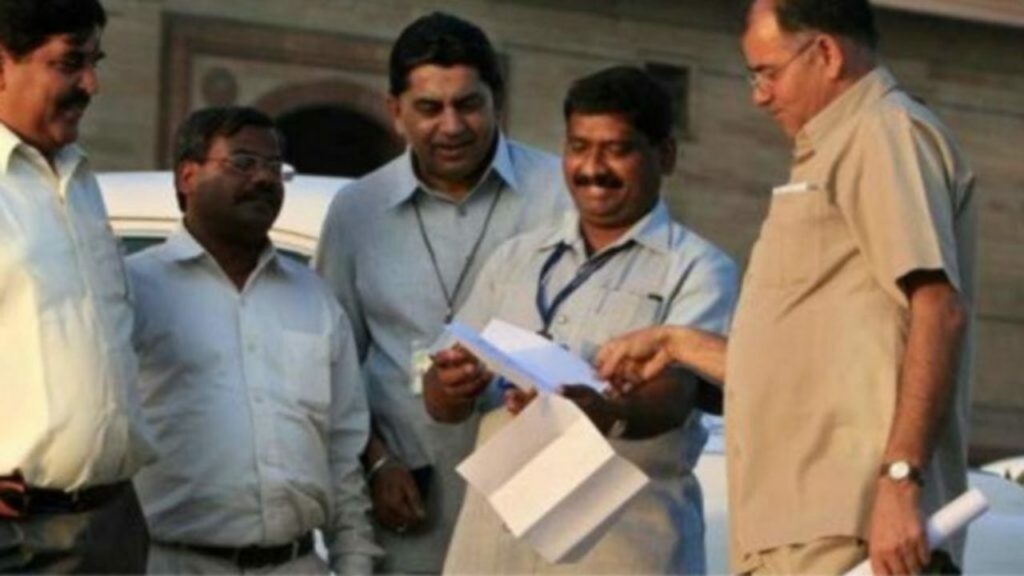On a recent Wednesday, the Union Cabinet granted approval for a 4% rise in Dearness Allowance (DA) and Dearness Relief (DR) for employees and pensioners of the central government, as informed by sources to India Today TV.

The expected decision to increase DA by 4% was confirmed after the Cabinet meeting on that day, consistent with earlier hints from sources on Tuesday.
4% DA Confirmed For Govt Employees After Cabinet Meeting
Consequently, the DA for central government employees will see an uptick from the current 42% to 46%. Union Minister Anurag Thakur officially declared that the augmented DA and DR would be in effect from July 1, 2023, incurring an annual cost of Rs 12,857 crore for the government.
This development much awaited and aptly timed during the ongoing festive season, is being touted as a ‘Diwali gift’ for hundreds of thousands of central government employees and pensioners.
The decision is set to have a positive impact on a significant number of individuals, benefiting 48.67 lakh central government employees and 67.95 lakh pensioners. Central government employees can expect enhanced salaries starting from November, coupled with arrears for the period spanning from July to October.
What Is DA and DR?
For those individuals with a minimum basic salary of Rs 18,000, the existing 42% DA translates to an additional monthly income of Rs 7,560. However, with the increase to 46% DA, their monthly salary boost will amount to Rs 8,280.
Conversely, individuals with a maximum basic salary of Rs 56,900, currently benefiting from a 42% DA, receive Rs 23,898 as part of their monthly earnings. With the DA raised to 46%, their monthly earnings will escalate to Rs 26,174.
In essence, DA serves as an allowance aimed at adjusting to the cost of living for the government’s dedicated workforce. Simultaneously, Dearness Relief (DR) serves central government pensioners, providing them with a means to cope with the escalating cost of living.
The government revises the rates of DA and DR every six months. This announcement is a significant financial boost for recipients, especially during the festive season, and will aid central government employees and pensioners in navigating the ongoing economic challenges.












